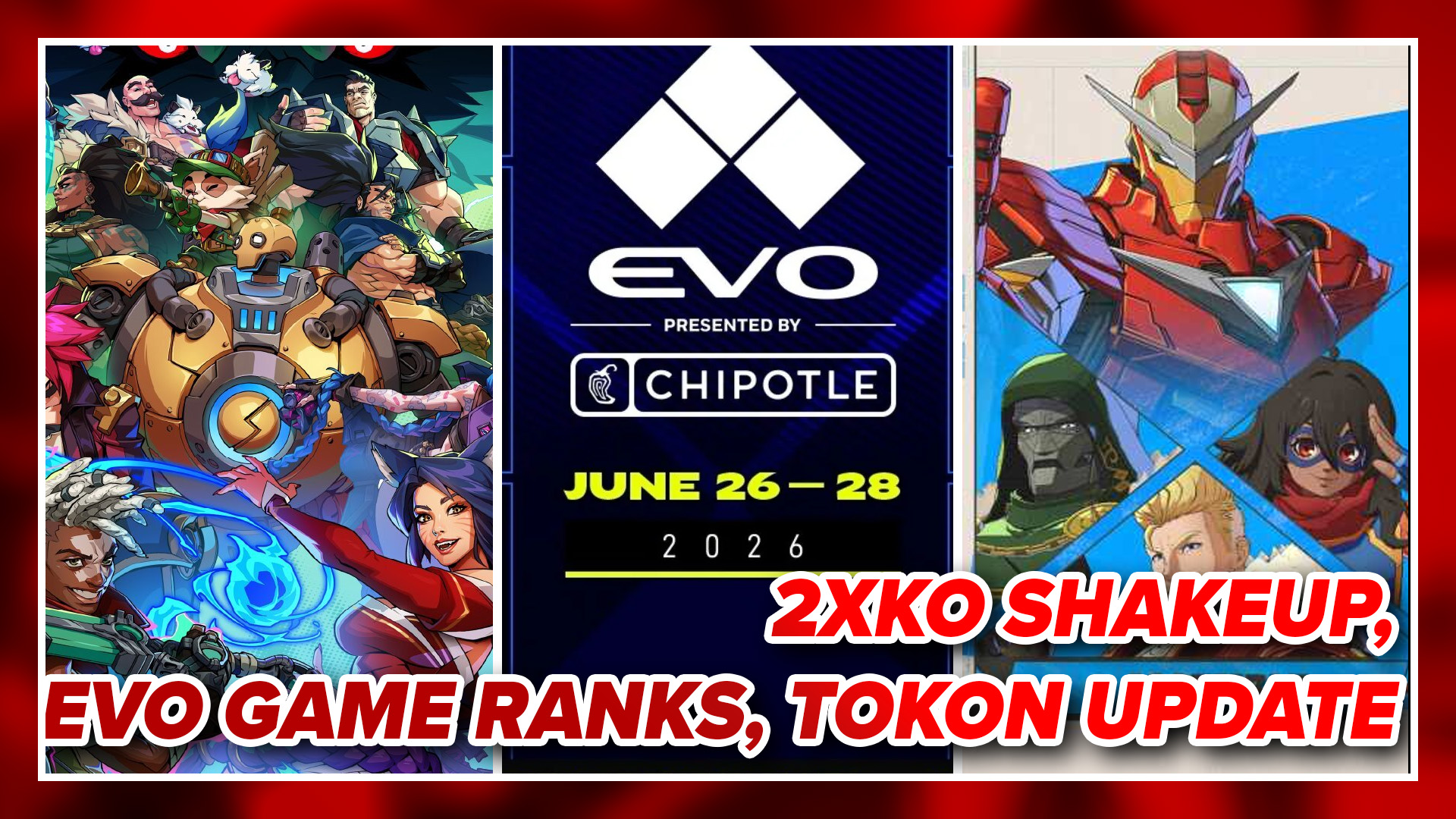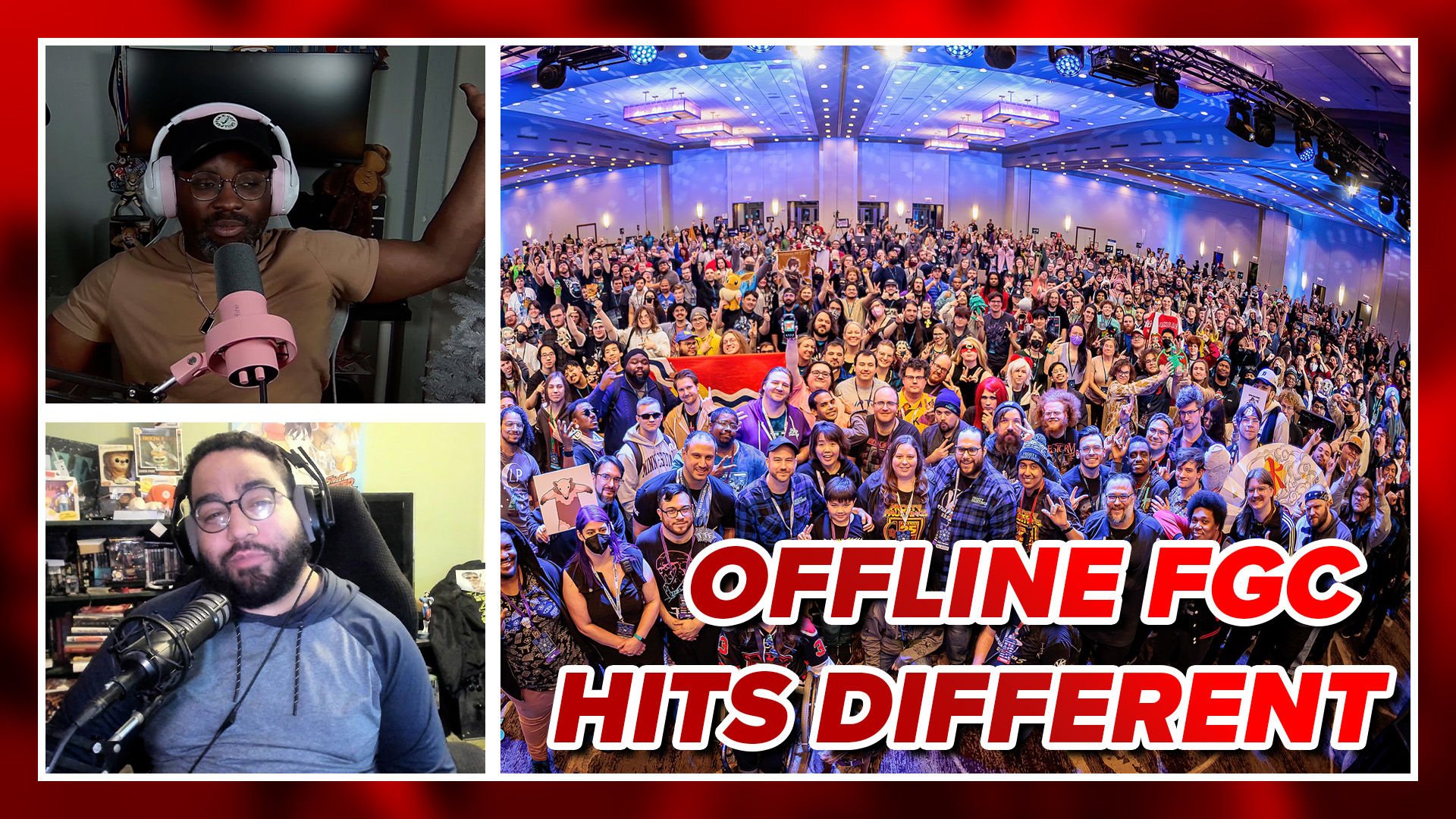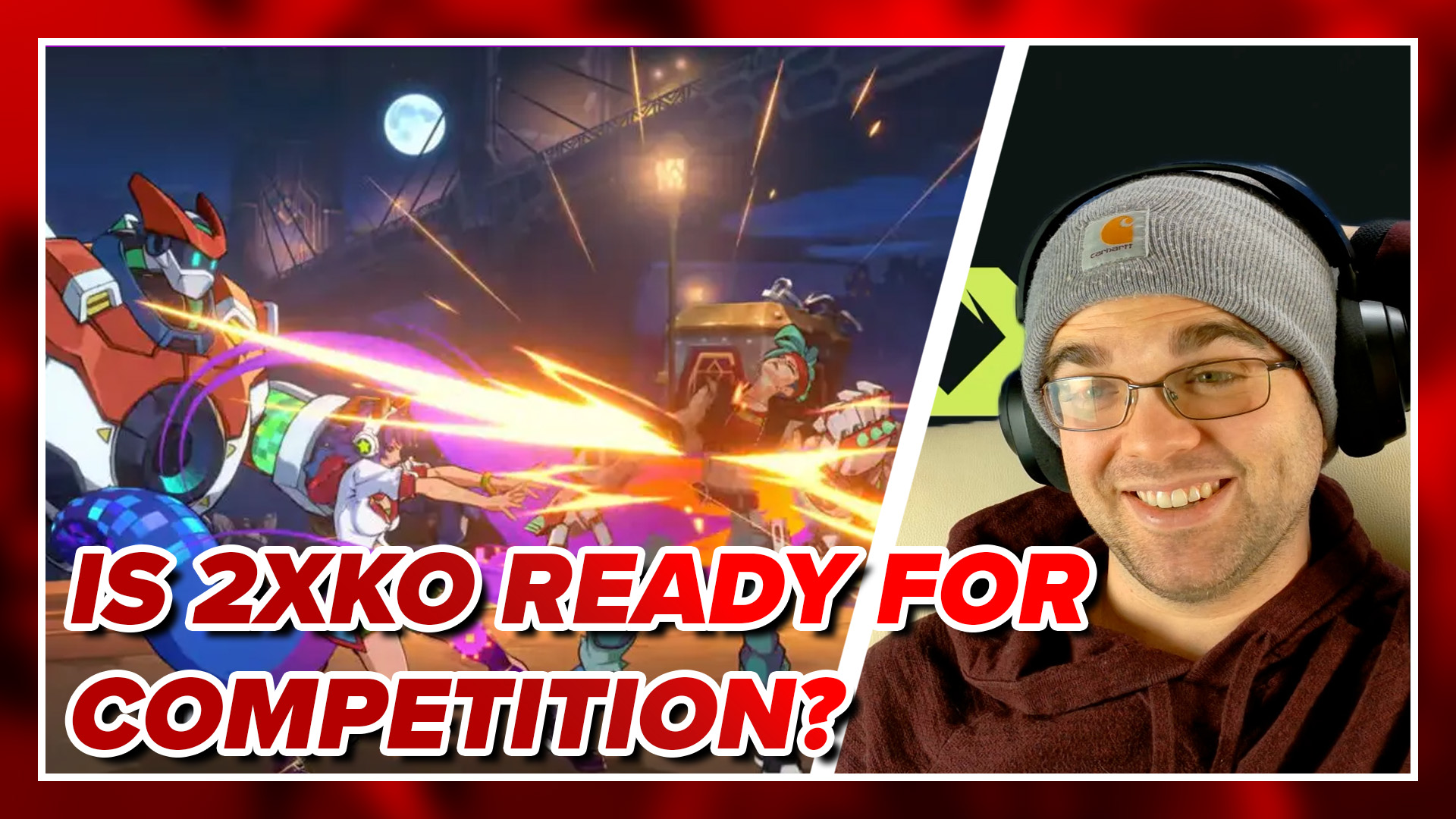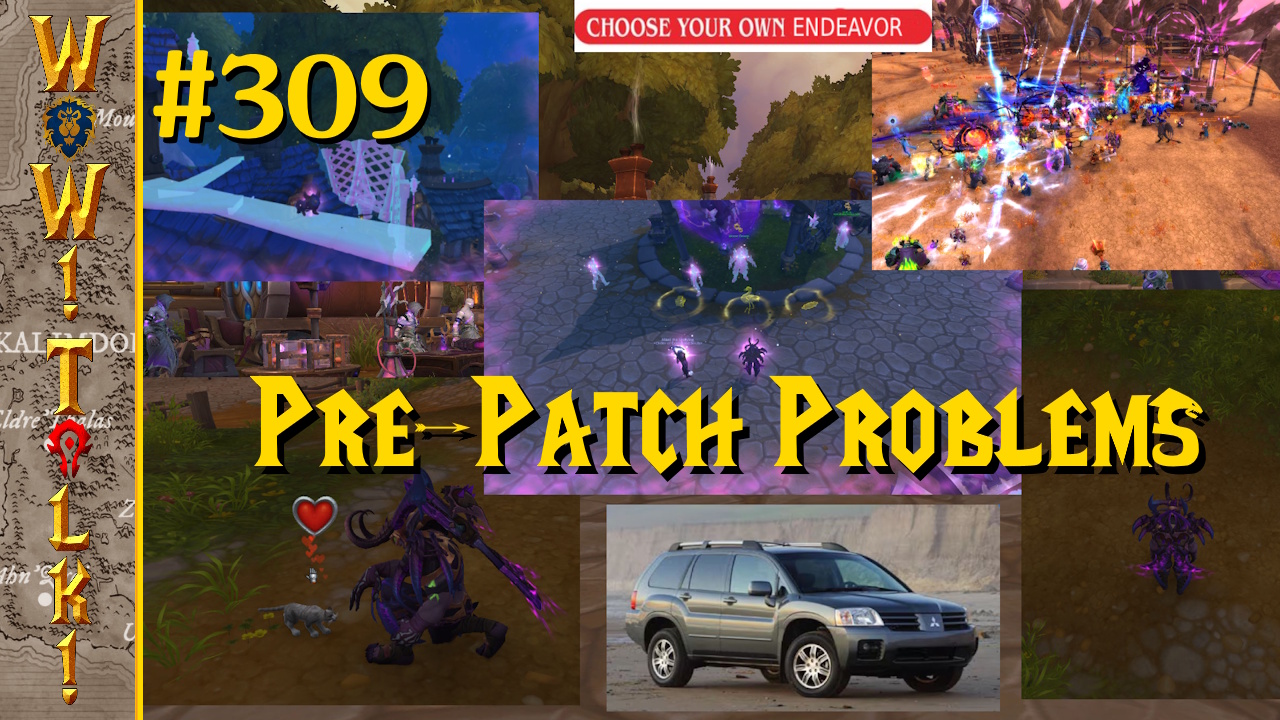I didn’t like Malachi Rector when I started up Moebius: Empire Rising, but that’s okay. I didn’t really like Squall when I played through Final Fantasy VIII, either, and I kind of warmed up to him by the game’s end. The problem was that I still didn’t really find the man all that likeable by the time I wrapped up Moebius’ bizarre plot, nor any of the rest of the characters. I’d expected a whole lot more after hearing my friends talk about how good the Gabriel Knight series had been, but whatever quality they saw in those games just isn’t on display here. With flat characters, a lame premise, and all of the clunkiness the genre is infamous for, there are much better point-and-click adventure games you could be spending your time with than this one.
The main character, Malachi, comes across as an insufferable jerk pretty much right from the start. I get what Jensen (the writer) was going for, here. Sherlock Holmes was a difficult person to be around, having little social skills but excellent abilities as a detective. Malachi seems to be a take on a similar persona, but he’s a genius about historical trivia with no social ability instead of a crime-busting detective. One is far more interesting than the other, I’ll tell you that. Malachi’s work identifying antiques and his ability to be that one annoying person who never loses at Jeopardy for a couple of weeks on end just didn’t make me want to see the story through.
Getting back to the comparison with Sherlock Holmes, in that series Holmes is often at least paired with other interesting people who counteract his antisocial nature. Malachi has no such luck, having been stuck with David, an ex-military man Malachi hires to be his bodyguard. There’s an immediate tension between the two men right from the start, but I couldn’t make myself care because they’re both the dullest, most annoying people on the planet. David seems to have almost no personality for most of the game, and I just couldn’t stand Malachi since he was a stuck-up snob. Nobody else in the game seemed any better, leaving me with a lying jerk as the hero and an array of cardboard cutouts supporting him. Give me at least one likeable character if you want me to play through your point-and-click adventure game, or at least make the unlikeable character more interesting and deep than this.
The story wasn’t much better, relying on a premise that just seemed like a silly reason to include lots of historical tidbits in the game. I never felt more than a passing curiosity about what was going on, feeling like it was all tied together in such a silly way that I just wanted it to end. It’s especially bad at the beginning, forcing me to spend hours going through a plot that shows no interest in tying itself together in some meaningful way. Your first job involves figuring out what sort of historical figure a murdered woman resembles, something that struck me as so trivial and pointless that I had a brutal time getting invested in the game at all. It gets slightly better later, but I couldn’t shake the feeling that this was all some history buff’s way of working facts and tidbits into a game rather than coming up with an interesting impetus for a story.
It does work its way into the game as a mechanic, which almost seemed like it would be appealing at first. Some of the game’s puzzles involve figuring out which historical figure a certain character is most like, and all of the work and clues you dig up lead toward completing that analysis. Once you have a complete bio on the character you’re looking into, you’ll be able to go through a list of historical figures who match up with their characteristics. I really thought I was going to have to roll up my sleeves and do some research here, but no such luck. Each facet of the character is divided into a line filled with images of historical figures, and you’re just supposed to figure out which one is on the most lines. So, is DaVinci on more lines than Donatello? If so, eliminate Donatello. If not, eliminate DaVinci. The game gives you a good handful of options to give this mechanic the appearance of challenge, but you’re really just crossing names off a list if they’re not on every line, so it just makes the pointless task take a bit longer.
At other times, you’re asked to do an analysis of characters you’ve run into. Many characters have several traits you can look at, and you then have to guess what that trait means out of a multiple choice. Does the cop’s bloated stomach mean that he has acid reflux or that he ate a big meal? Who knows? The answers aren’t that hard to guess most of the time, leaning toward stereotypical character types rather than telling you something that would give a character some depth. They sometimes give you some clue to go on to keep the game moving, but for the most part, this analysis serves no purpose other than to give you points (more on them later).
The only analyses I actually enjoyed were the ones done on old antiques, and even those just felt like more historical trivia. These items are broken down into several parts, and you had to see what they matched from a list. You might have to match up the face of a statue, looking through a list of different historical statues until you find the right match. I actually had to look carefully during these sequences, finally feeling some engagement with the game for the first time. Still, they don’t amount to much more than playing a matching game, so don’t expect them to blow your mind.
Also, all of these things can be failed without any real issue. The game simply tells you that you screwed up and that you need to go back and try again, so there will be times when you’re just fiddling with options until you get through. The character analyses are especially bad, as you’re just guessing what someone’s thin-lipped smile or shabby clothes mean at some points, just wanting to move along. You can bypass many of them entirely if you’re not worried about your score, though, so you might not care.
The game involves a scoring system like old point-and-click adventure games used to, giving you a point or two every time you go in-depth into the game, exhaust all dialogue options, or do the right thing. It’s not a bad throwback and provided some hints that I was doing the right thing when I was puttering along, but it’s kind of a useless addition. It’s there, though, for people who like it.
Beyond the analysis sections, the game is filled with the same kind of dumb puzzles that fill almost every point-and click adventure game. I have to beat someone in a dart game to get some information out of them, and of course it isn’t as simple as just playing the stupid game well. Of course I had to go out in the alley behind the building, find an air conditioner, move a box under it, repair a set of cables behind the box, turn on a light, find a brick to open the air conditioner, find the knob is rusted, comb over the street to find some motor oil, use it on the top switch of the air conditioner only to break it, use it two more times on the lower button of the air conditioner before being able to turn the switch, and then finally go back into the bar and win at darts. Of course I did, because that makes perfect sense.
That’s hardly the only instance of simple solutions not working. I needed someone else to distract a character for me, and instead of giving them money out of the wallet I was carrying, I had to go to a whole other location to find an item and bring that back to them instead. The excuse the character gave was flimsy, too, driving home that I was playing yet another stupid video game with bad puzzles. The artificial lengthening of point-and-click games through bad puzzles is a menace, and I promise you that I will continue to do my best to weed it out.
Since this game forces me to commit to the usual life of extraneous crap to solve these puzzles, Moebius could at least do me the decency of letting me pick up important stuff as I go along. Malachi, in his usual annoying manner, refuses to pick up anything he doesn’t have an immediate use for. So, even though I might have passed a necessary item I needed far earlier, I can’t just pick it up then. Instead, I have to backtrack for it when the game has decided that I’d need it. It makes things a bit more believable, but it slows the game to a complete crawl, filling me with a rage on every step spent getting something I saw earlier that I knew I would need.
The game’s backgrounds are at least pretty to look at. I liked the artist’s takes on various world locations, enjoying the paintings a great deal. The rest of the game’s 3D artwork and cringe-worthy FMV sequences were another story. The 3D artwork looks like it’s from the PS2 era, with the characters looking rubbery and weird, especially during video. Video leaned closer to PS1 era, looking like many of the FMV sequences that, while able to blow my mind back in 1997, look tragic these days. The wide-eyed, vacant stares of the characters just make these scenes look ridiculous, leaving me dying of laughter during many of the game’s serious moments.
In case the game hadn’t done enough to make me mad, there are some sequences that can earn you a game over. The game doesn’t warn you when something like this is coming, but you sometimes have to navigate through a sequence of events in the right way, following some nebulous rules during them to get through. In one, I had to climb up onto a balcony, and had to do so by rapidly selecting the climb option. The viewpoint kept freaking out, but I didn’t know what that meant, and ended up falling off the building because I hadn’t followed some rules I hadn’t been clearly told. I had the option to retry right afterward, but it was still frustrating because I’d had no idea what to do or how to do it right, having to guess my way to success.
The best part? I actually made it to the top, my character crawling up the side as the game told me I’d failed. I could see the rest of the scene playing out behind the game over screen, but I couldn’t access it because the game had decided that I failed at the last second. So, not only was this sequence vague and difficult, but it was also glitched.
History buffs who might otherwise be interested in Moebius: Empire Rising are better off spending their time with a textbook than with this game. Point-and-click fans would have an even harder time finding anything worth their time here either, as the game’s flat characters, lame plot, terrible puzzles, and spreadsheet-like analyses offer nothing worth spending any time on this game. It is an irreparable mess, and the fact that it is functional at all is just about the only nice thing I can say about it. Well, that and the backgrounds look nice.
Moebius: Empire Rising is available for $29.99 on Steam.

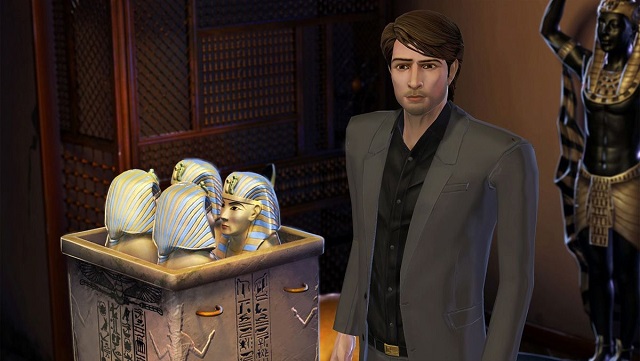
![Moebius: Empire Rising [Review]](http://cdn.mashthosebuttons.com/wp-content/uploads/2014/04/03.jpg)
![Moebius: Empire Rising [Review]](http://cdn.mashthosebuttons.com/wp-content/uploads/2014/04/Moebius-Empire-Rising-2.jpg)
![Moebius: Empire Rising [Review]](http://cdn.mashthosebuttons.com/wp-content/uploads/2014/04/2014-04-17_00037-580x326.jpg)
![Moebius: Empire Rising [Review]](http://cdn.mashthosebuttons.com/wp-content/uploads/2014/04/2014-04-14_00012.jpg)
